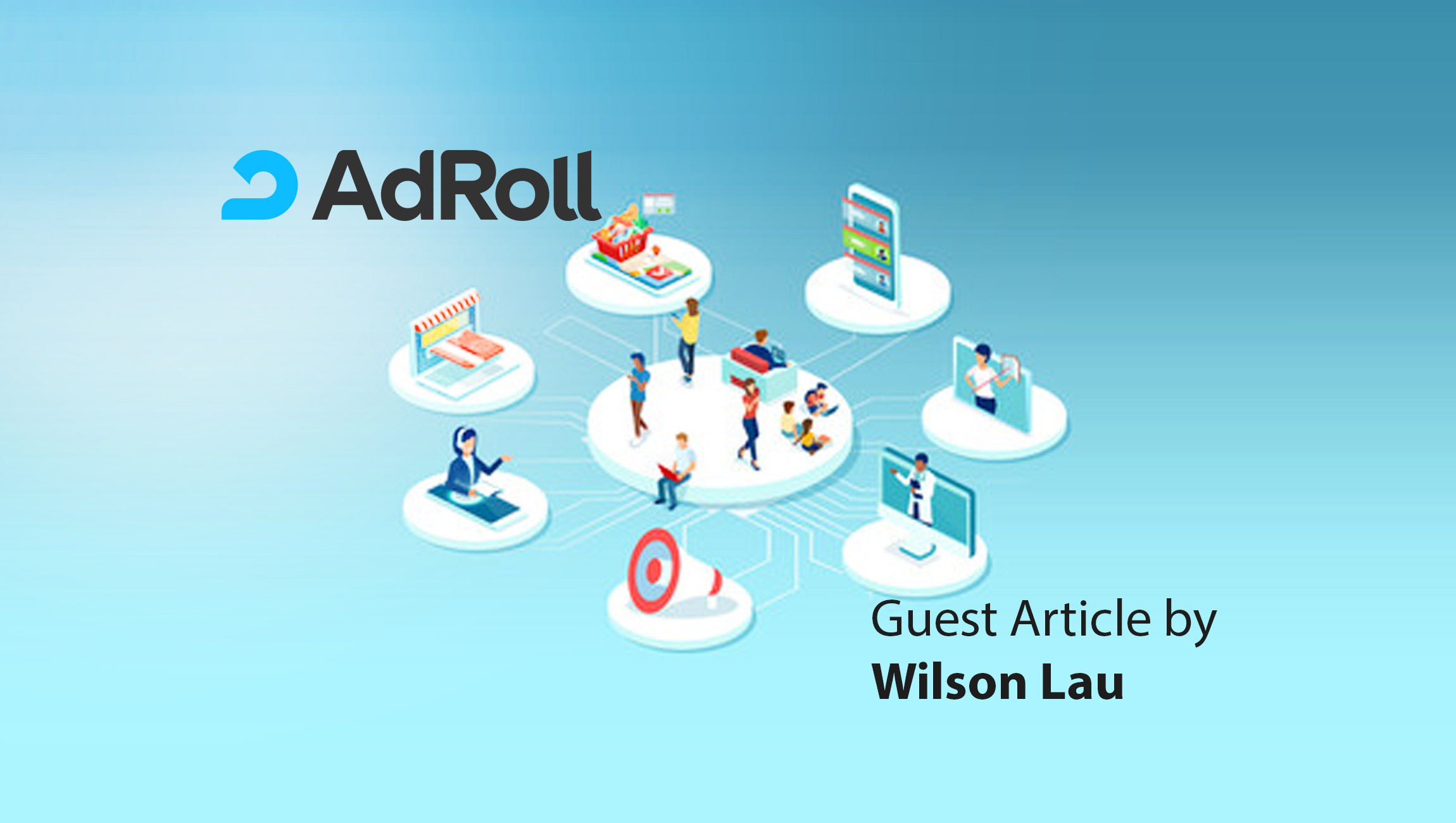The era of cookies is over, and while it’s been a long time coming, the last few years have certainly accelerated this digital transformation and ushered us into a new era.
Concerns over privacy are taking a front seat in the minds of internet users and marketers alike. Traditionally, cookies were the primary tool eCommerce marketers used to collect data about their audience. Now, they’re being forced to go back to the drawing board.
How Marketing Is Changing—For Good
It’s no secret that eCommerce marketing sales grew significantly during the pandemic, and this growth isn’t projected to slow down any time soon. In fact, it’s supposed to grow by almost 15% between now and 2027.
As noted, traditionally, marketers used cookies to track different sets of audience data. But this third-party data collection strategy isn’t a favorite for consumers. Cookies collect pieces of information about customers without seeking consent to do so. They follow customers from site to site and keep track of their choices and preferences. Many have expressed concerns about privacy, which has led to an increase in conversation around data collection and whether or not marketers are really using the most effective methods to understand their audience.
As cookies continue to go out of style, it is important for those seeking to reach their audience to analyze if their overall methods are working in our ever-changing world. As society and technology continue to grow and develop, it would behoove marketers to consider what their efforts will look like in a future without cookies.
Marketing Technology News: Winamp Unveils New Platform for Select Group of 25,000 Artists and Audio Creators
Multi-Channel vs. Omnichannel Marketing
One of the biggest changes that digital marketers need to make is a shift in their mindset. One major adjustment lies in marketers’ focus on the customer’s overall experience across a variety of channels versus their interaction with one individual channel. This is the difference between multichannel and omnichannel marketing.
A misunderstanding that leaders in marketing hear quite often is that omnichannel marketing is the same as multichannel marketing since both disciplines involve engaging with a customer across multiple touchpoints. However, in practice, they are fundamentally opposite. Multichannel marketing considers each channel to be its own silo with its own set of goals and objectives. By existing in silos, each channel sees an incomplete and slightly different view of the same customer.
Omnichannel marketing is the practice of providing a seamless, high-quality customer experience across multiple touchpoints. The key here is that marketers focus on the customer instead of obsessing over how one particular platform is performing. This type of marketing should seem somewhat intuitive in today’s world. Think about it—you don’t go about your day only interacting with Facebook. Most people are on a variety of social media platforms every day, see dozens of commercials, and are served ads through a variety of platforms. A holistic approach to marketing is the only way forward.
Leveraging comprehensive customer data across a variety of platforms helps your company deliver a seamless user experience with higher levels of engagement. A Harvard Business Review study shows that customers who used more than four channels spent 9% more on average, compared to those who used just one channel. This behavior persisted for every purchase that the customer made. So what’s the lesson we can learn from this? While each channel will claim to hold the keys to success for your company, you can’t simply focus on one and neglect the others. Your customers exist in a dynamic world with more access to digital tools than ever before.
In short, omnichannel marketing is the only way forward for eCommerce businesses that want to be successful in a future without cookies. In a world of disconnected brand experiences, customers crave connection and a distinct sense of personality from brands. This can be difficult, given that our systems are built around multiple channels, all with differing requirements and algorithms. But as customers become more digitally intuitive and are inundated with more and more information, providing a seamless experience through omnichannel marketing will make a difference for businesses in the years to come.
Marketing Technology News: MarTech Interview With Vitaly Pecherskiy, COO and Co-founder at StackAdapt











